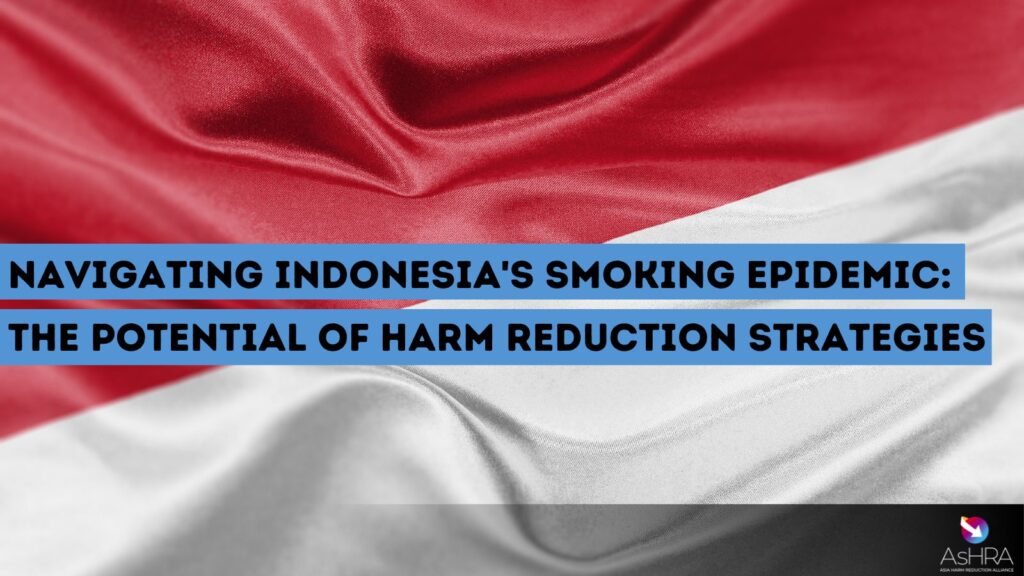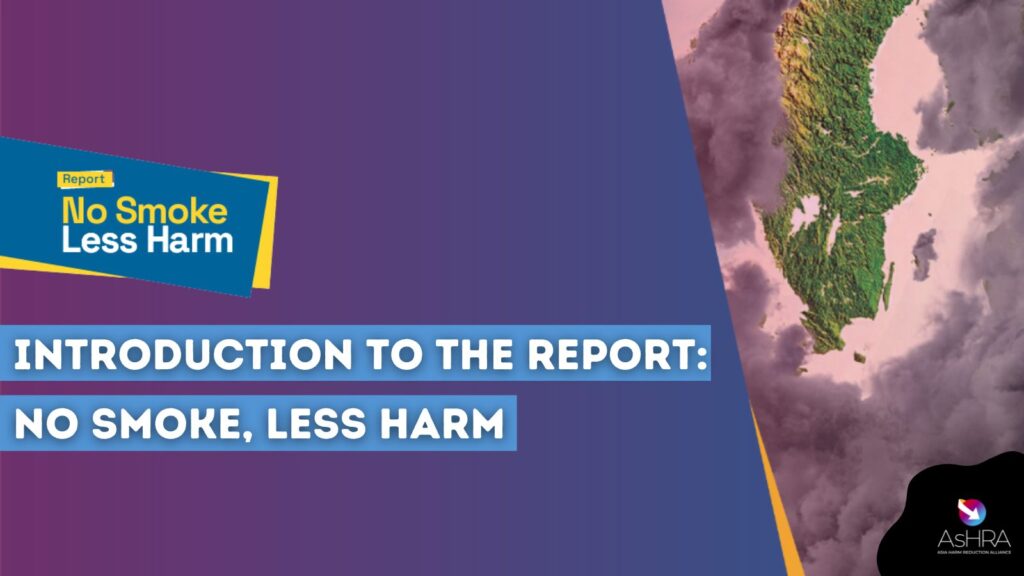The UN estimates that 6% of the world’s population (476 million people living across 90 countries) are indigenous people. Two-thirds of the world’s indigenous peoples are estimated to live in Asia; in other words, approximately 260 million people represent 2,000 distinct civilisations and languages.
This region accounts for 81% of smokeless tobacco users, and every year more than 1.6 million lives are lost due to tobacco-attributable diseases in the WHO South-East Asia Region (SEAR) alone.
It has become clear that critical socio-economic gaps are found between indigenous and non-indigenous segments of the populations in the region, which need to be addressed to ensure sustainable development where no one is left behind.
The Dili Declaration on Tobacco Control was adopted at the 68th Session of the South-East Asia Regional Committee. At this high-level meeting in 2015, a political commitment was made to develop, strengthen, implement, and accelerate evidence-based tobacco control policies at the country level to contain the growing tobacco epidemic.
Despite this declaration, the prevalence of tobacco use among Asia’s indigenous people is mounting, signifying a need for prompt attention. Traditionally, authorities tend to promote smoking cessation by emphasising the undesirable impact of smoking on health. The ignored or uncoordinated FCTC’s directions on smoking cessation strategies among these communities have resulted in the continued increasing prevalence of cigarette smoking.
However, indigenous people’s rights to participate in decision-making and to be consulted on matters that affect their health should not be overlooked. The United Nations committed in a declaration to respect, promote and advance and in no way diminish the rights of indigenous peoples.

Efforts to end smoking in this community could be assisted if the tobacco control movement emphasised the issue of individual rights. Cigarette smokers and oral tobacco users do not forfeit their human rights, including the right to the highest attainable standard of health. Tobacco harm reduction is built on a belief in and respect for the rights of tobacco users.
Public health policy needs to be assessed for effects on human rights and public health. Cigarette smokers have a right to accurate information on safer nicotine alternatives, and they also have a right to access these reduced-risk products. Harm reduction demands that interventions and policies designed to serve tobacco users reflect specific community needs.
Policymakers in the region should consider adopting a harm reduction approach by providing access and accurate information on alternative nicotine products, such as electronic cigarettes and oral nicotine products.
It’s important to remember that of the 301 million smokeless tobacco users worldwide, the South-East Asian region is home to more than 248 million, accounting for over 80% of the world’s smokeless tobacco users. Most of these smokeless tobacco products have harmful tobacco-specific nitrosamines, which contain at least 28 carcinogens.
On the other hand, modern oral nicotine products like nicotine pouches or tobacco-free snus are far less harmful. They can play a massive role in helping ease the oral cancer burden among the indigenous Asian community.
Evidence-based cessation treatments and safer, affordable alternatives should be available for oral smokeless tobacco users in these regions, narrowing the health inequity. Reduced-risk oral nicotine products can be the key to lowering the burden of death and suffering in these socially and economically disadvantaged indigenous Asian groups.
Related Posts
More about
Alcohol Harm Reduction
More about







